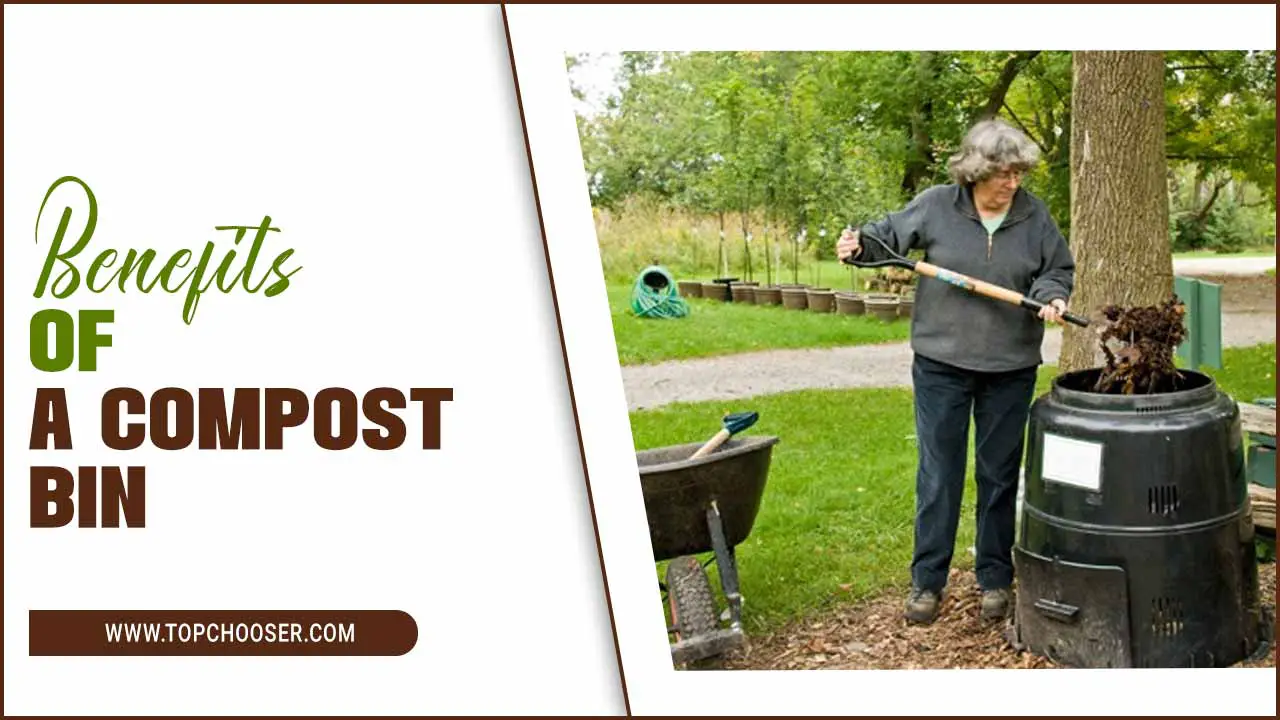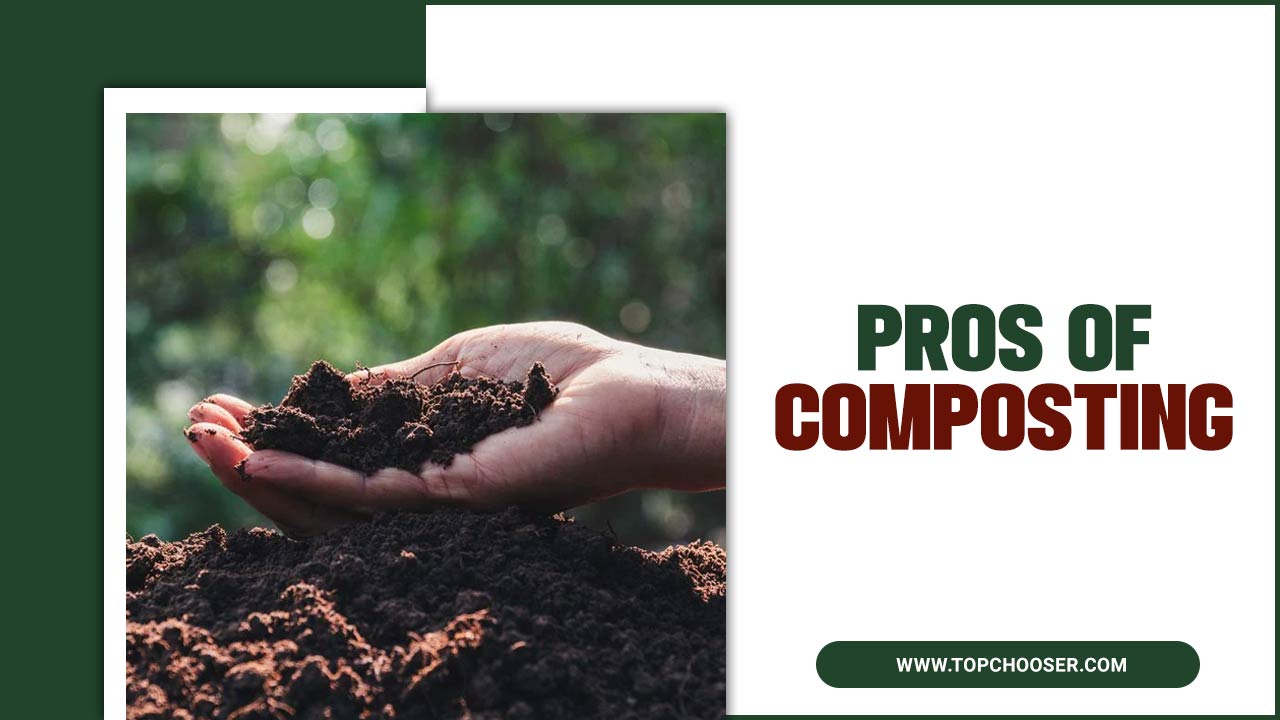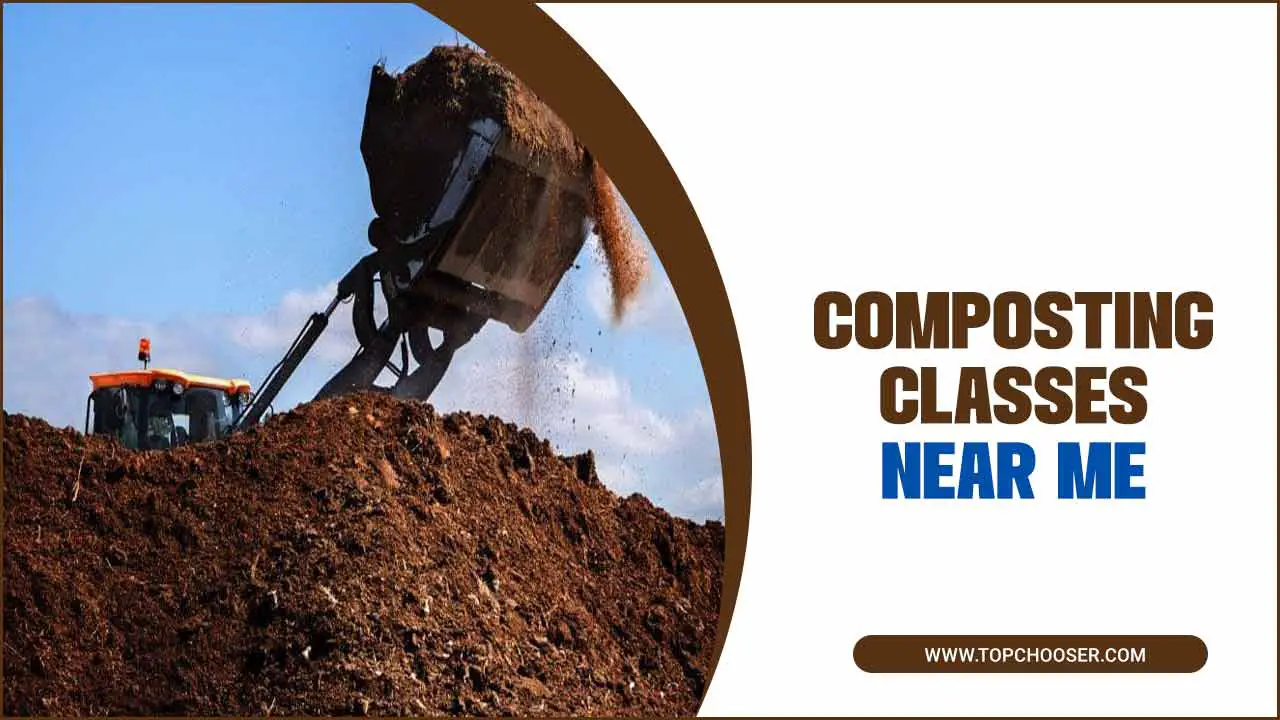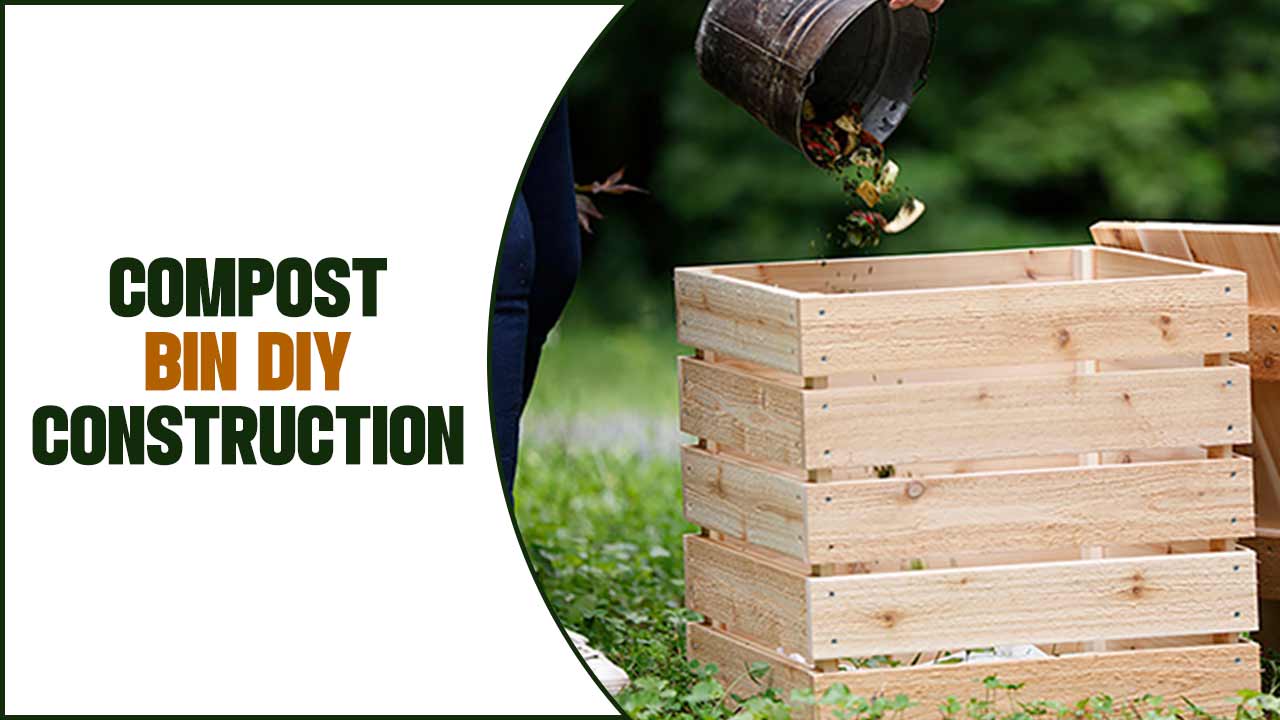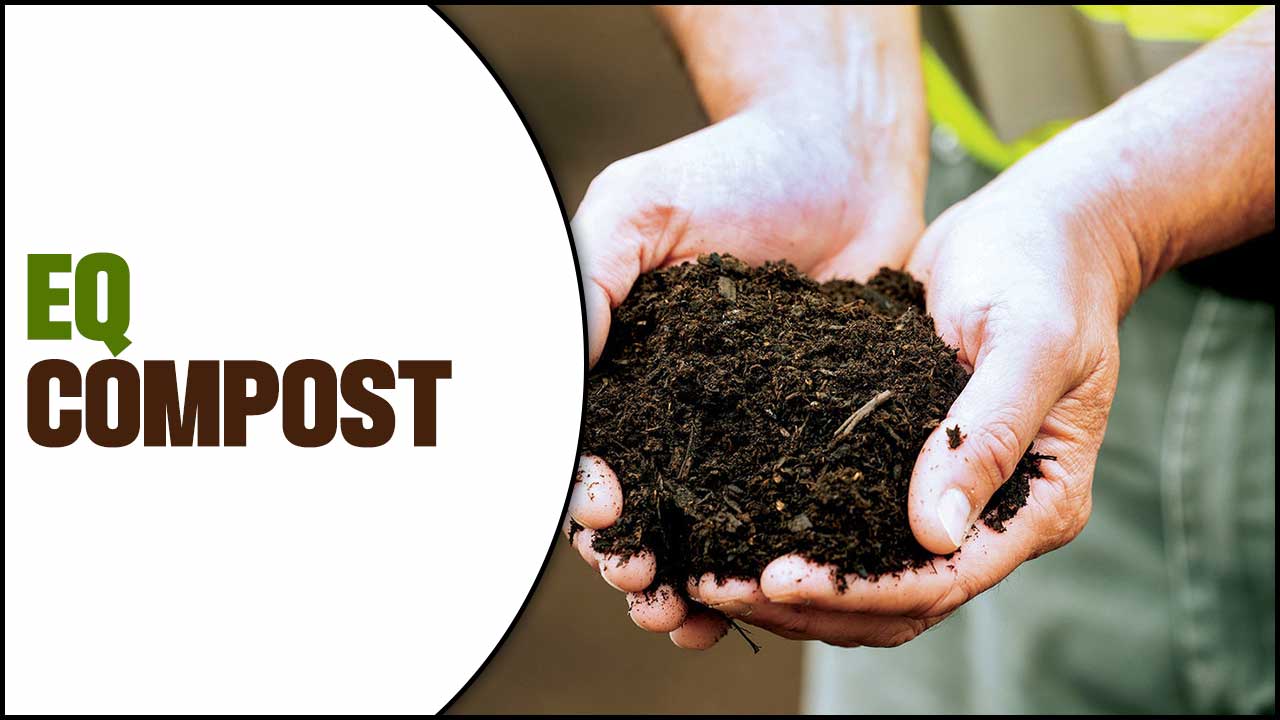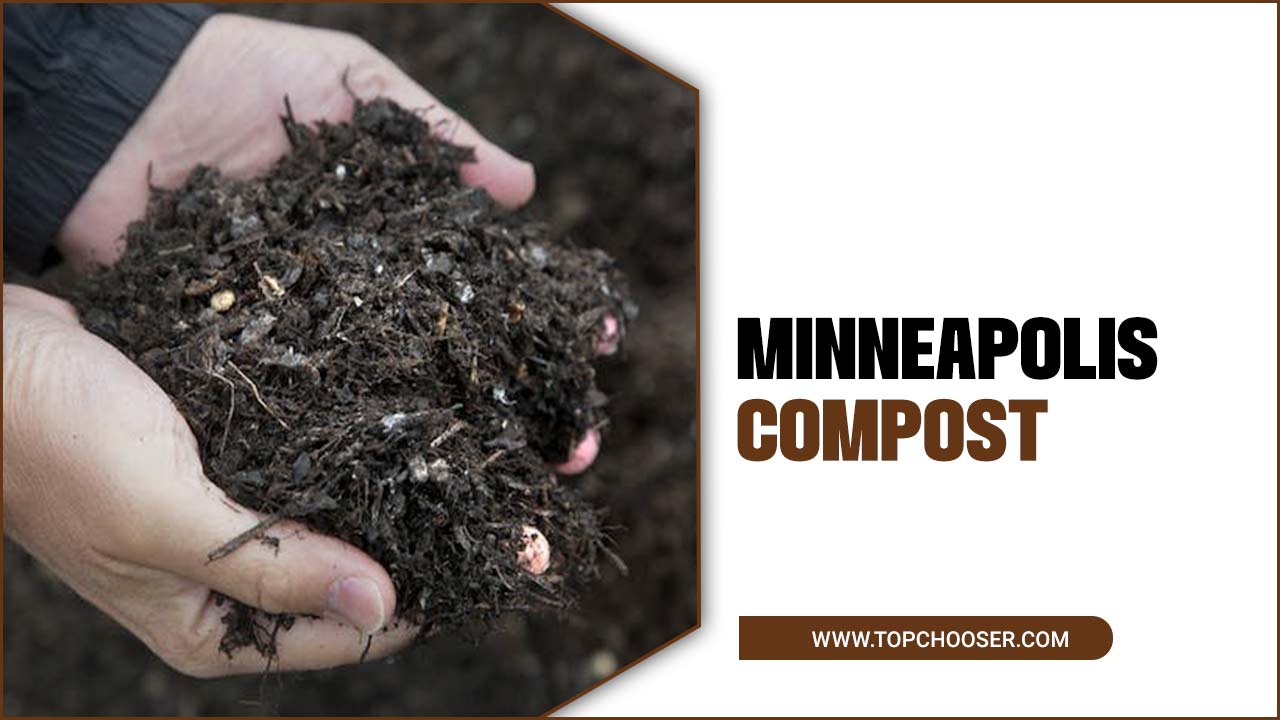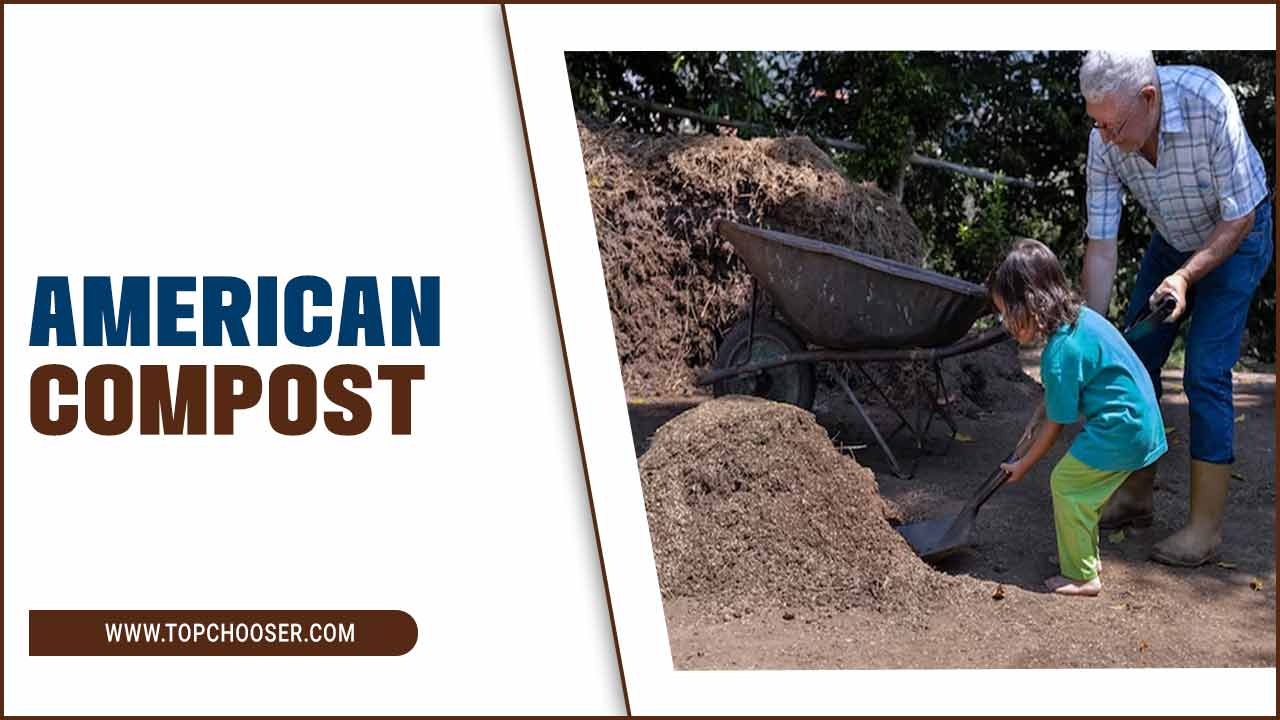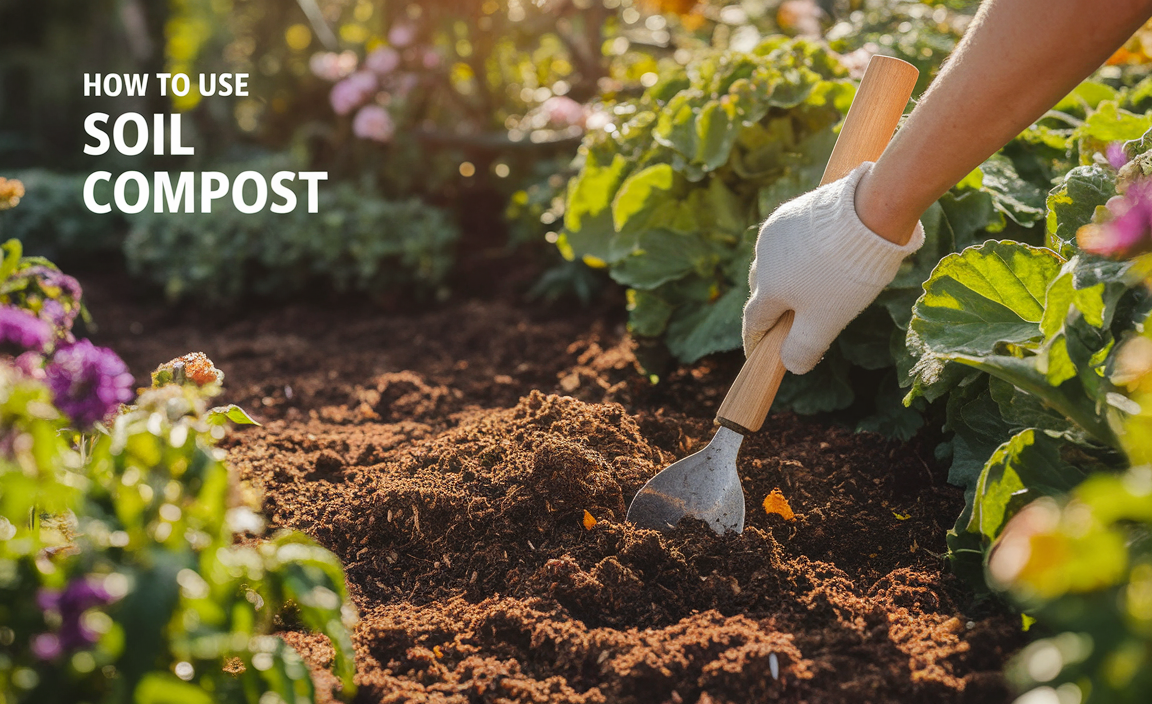Composting is a natural process that has been practiced for centuries. It involves breaking down organic materials, such as food scraps and yard waste, into nutrient-rich soil that can be used to enhance garden soil health.
While composting is an excellent way to improve your garden, it also significantly protects the environment. With climate change and environmental degradation posing severe threats to our planet, composting provides a viable solution to mitigate the damage caused by human activities.
We will explore why is composting good for the environment and its many benefits. From reducing greenhouse gas emissions to reducing landfill waste, composting helps to create a more sustainable future for our planet. We will also discuss the different composting methods, the materials that can be composted, and how to start your composting journey.
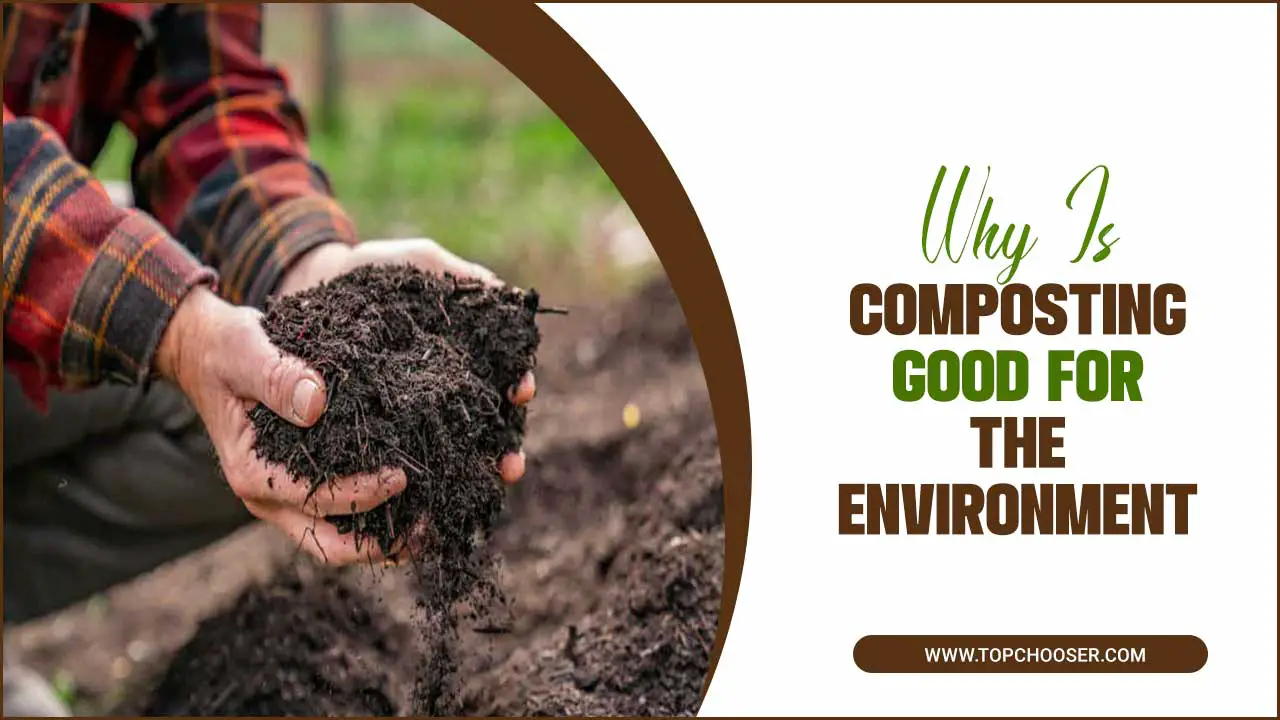
What Is Composting?
Composting is a natural process that involves the breakdown of organic materials, such as food scraps and yard waste, into nutrient-rich soil. It is a sustainable practice that offers numerous benefits for the environment. When organic materials are sent to landfills, they decompose anaerobically, producing methane gas, a potent greenhouse gas contributing to climate change.
By composting these materials instead, we can reduce the methane released into the atmosphere. Additionally, composting helps to divert waste from landfills and reduces the need for chemical fertilizers in agriculture. The resulting compost can improve soil health and fertility, promoting plant growth and reducing the need for synthetic pesticides. Composting is a simple yet effective way to reduce waste and support a healthier environment.
Why Is Composting Good For The Environment? – Key Benefits
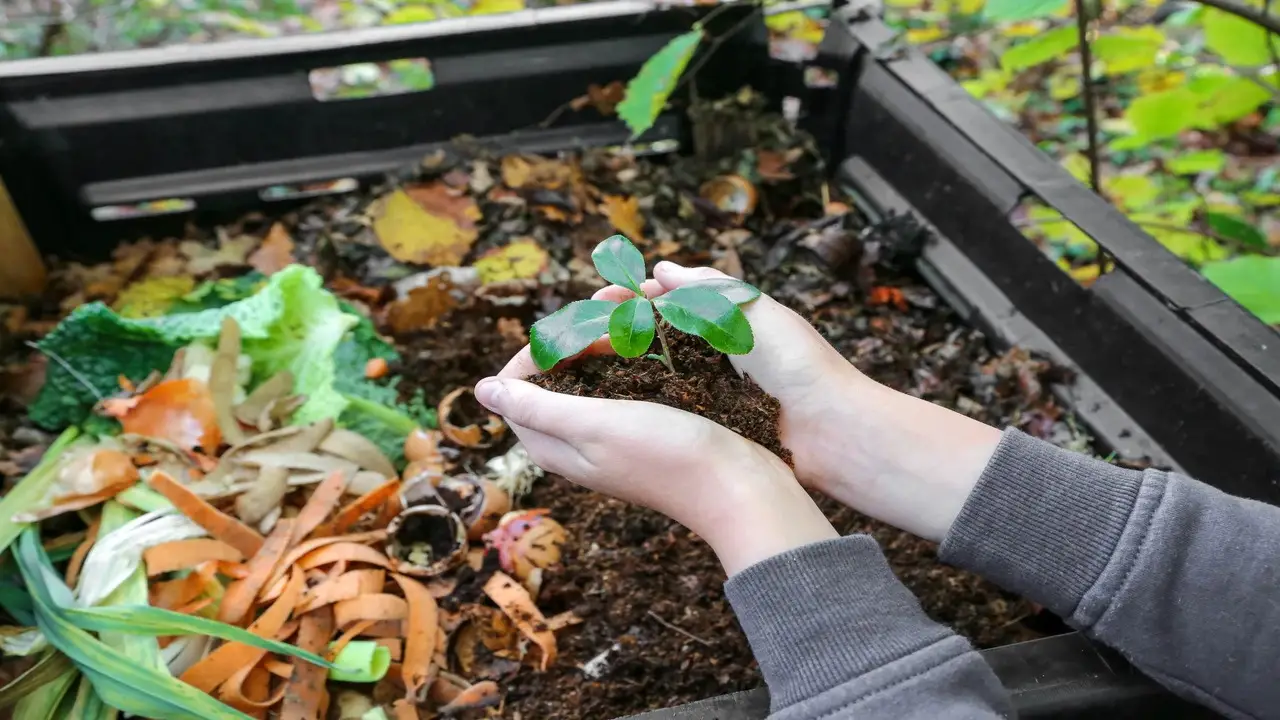
So, why is composting good for the environment? Composting is not only good for the environment, but it also has a number of benefits for individuals and communities.
By composting organic waste such as food scraps and yard trimmings, we can reduce the amount of waste in landfills, contributing to greenhouse gas emissions. Composting also helps to improve soil health by adding organic matter and nutrients, leading to healthier plants and increased crop yields.
1. Enhances Soil Fertility
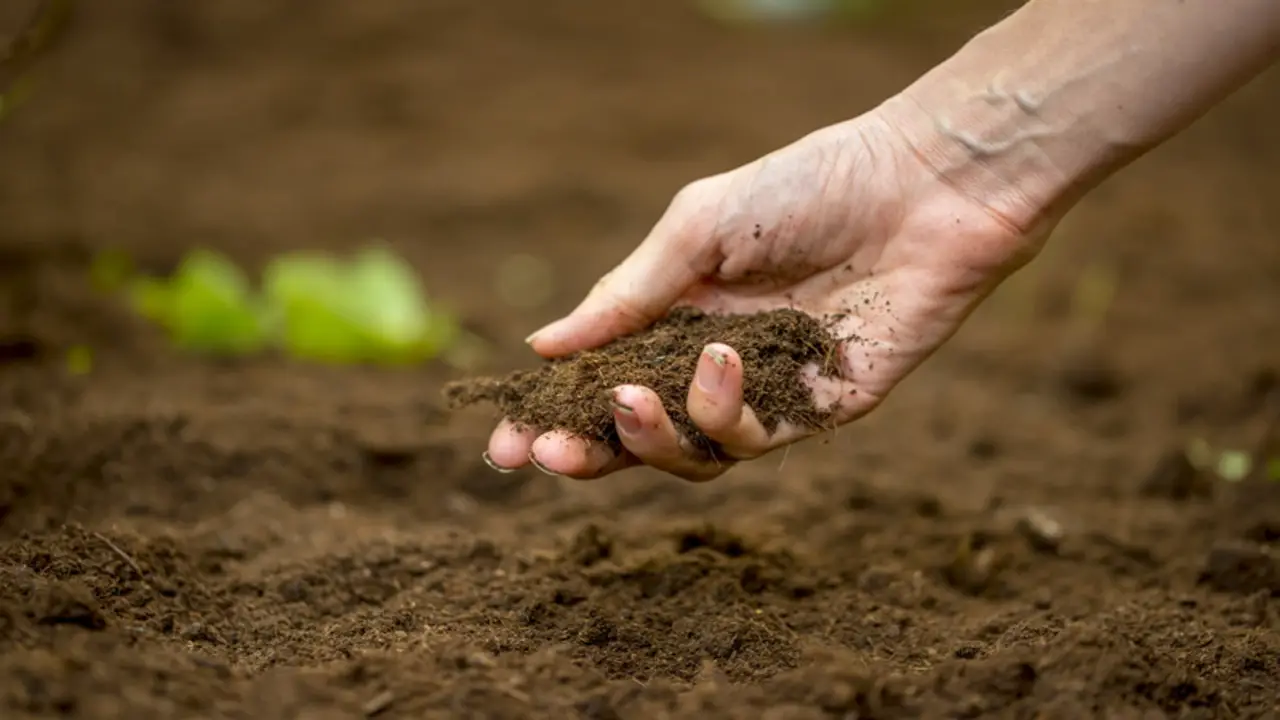
Enhancing soil fertility is one of the key benefits of composting. Compost improves its structure and water-holding capacity by adding organic matter to the soil. Additionally, composting increases the nutrient content of the soil, providing essential elements for plant growth.
This natural enrichment reduces the reliance on chemical fertilizers. Furthermore, composting helps reduce the amount of organic waste in landfills, reducing greenhouse gas emissions and odors. It also promotes beneficial microbial activity in the soil, improving overall soil health and ecosystem functioning.
2. Reduces Waste Disposal Costs
Composting is an effective way to reduce waste disposal costs for communities. By diverting organic waste from landfills, composting helps extend the lifespan of these facilities. When organic waste decomposes in landfills, it produces methane, a potent greenhouse gas contributing to climate change.
Composting reduces the amount of organic waste in landfills, thus helping to reduce methane emissions. Additionally, compost can be used as a natural fertilizer, reducing the need for synthetic fertilizers that can harm the environment. By improving soil health and structure, composting also helps plants grow better, reducing the need for chemical pesticides.
3. Reduces Greenhouse Gas Emissions
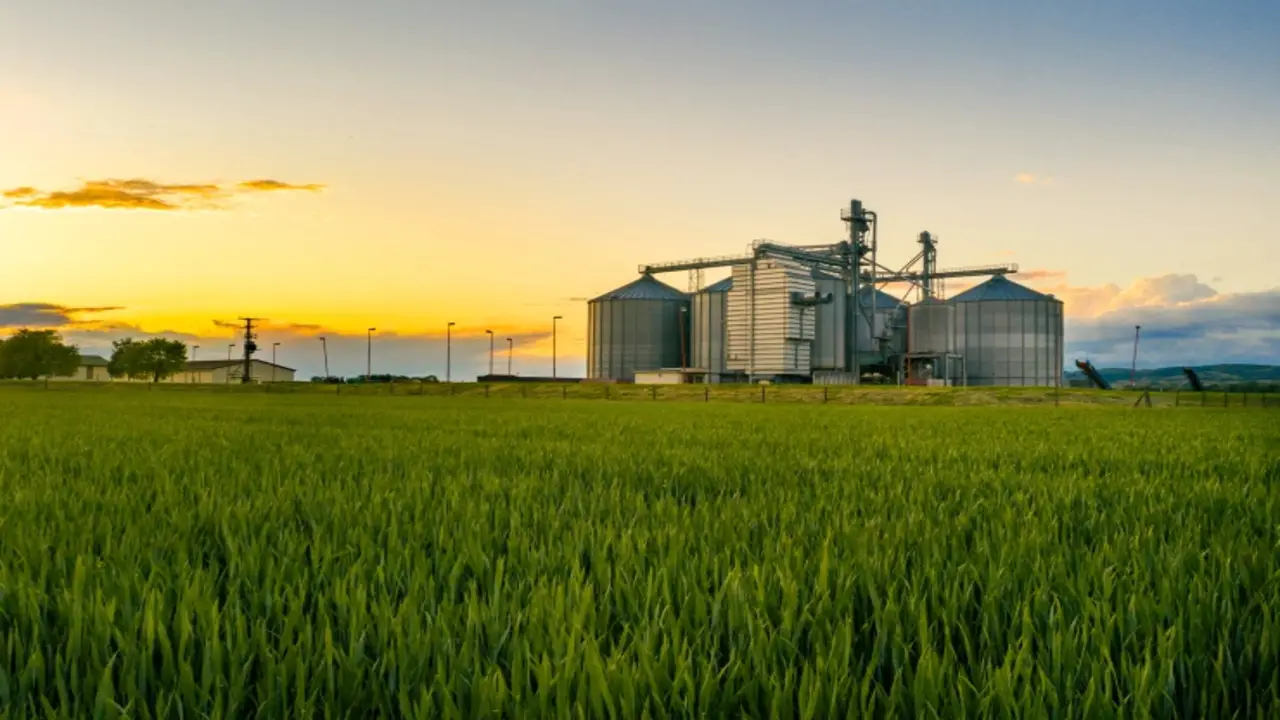
Composting plays a crucial role in reducing greenhouse gas emissions. Instead of allowing organic waste to decompose in landfills and produce methane, a potent greenhouse gas, composting diverts this waste to more sustainable methods.
By doing so, we can effectively lessen the amount of greenhouse gases released into the atmosphere, helping to mitigate climate change. Additionally, composting creates nutrient-rich soil amendments that improve soil health and fertility, reducing the need for synthetic fertilizers. This way, composting reduces greenhouse gas emissions and promotes sustainable agriculture practices.
4. Creates New Resources For Farmers
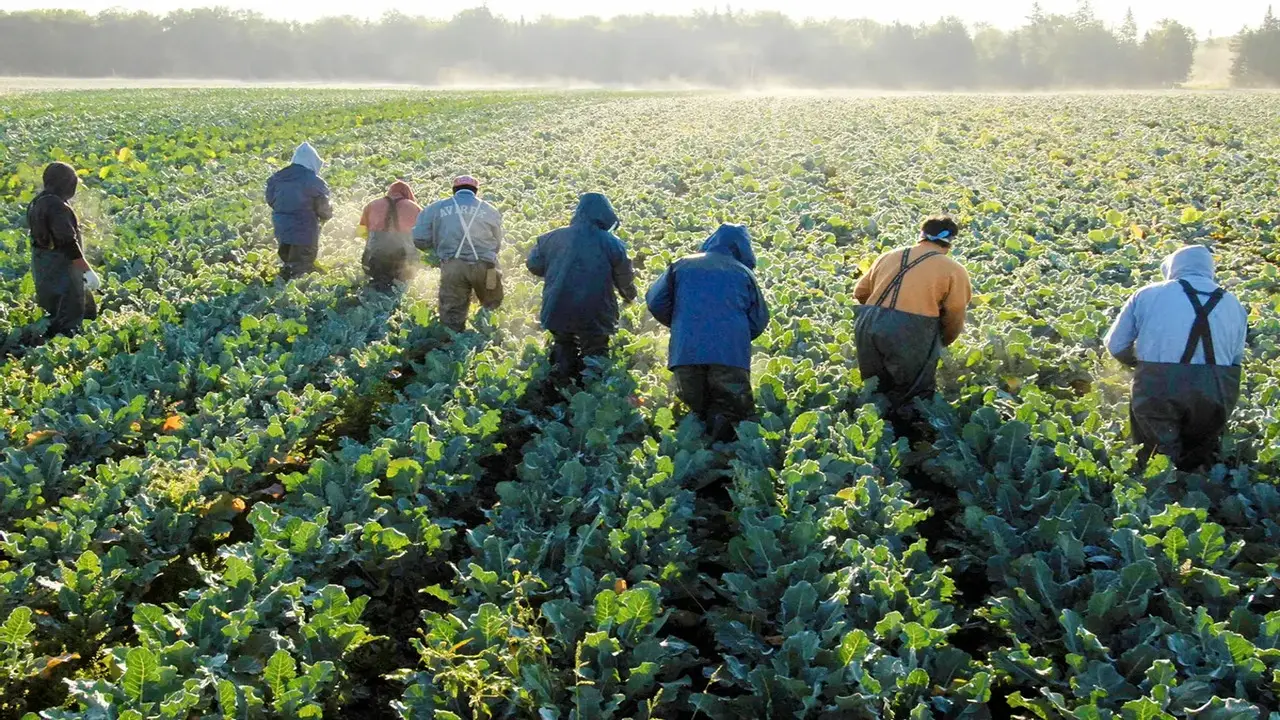
Composting offers numerous benefits to farmers, creating new resources for sustainable agriculture. By diverting organic waste from landfills, composting helps reduce methane emissions, a potent greenhouse gas. This process improves soil health by adding nutrients and organic matter, promoting better plant growth and reducing the need for harmful chemical pesticides and fertilizers.
Farmers can use compost as a natural alternative to synthetic fertilizers, enhancing soil fertility and crop yields. Composting also aids in water conservation by improving soil structure and moisture retention, minimizing irrigation needs.
5. Conserves Water
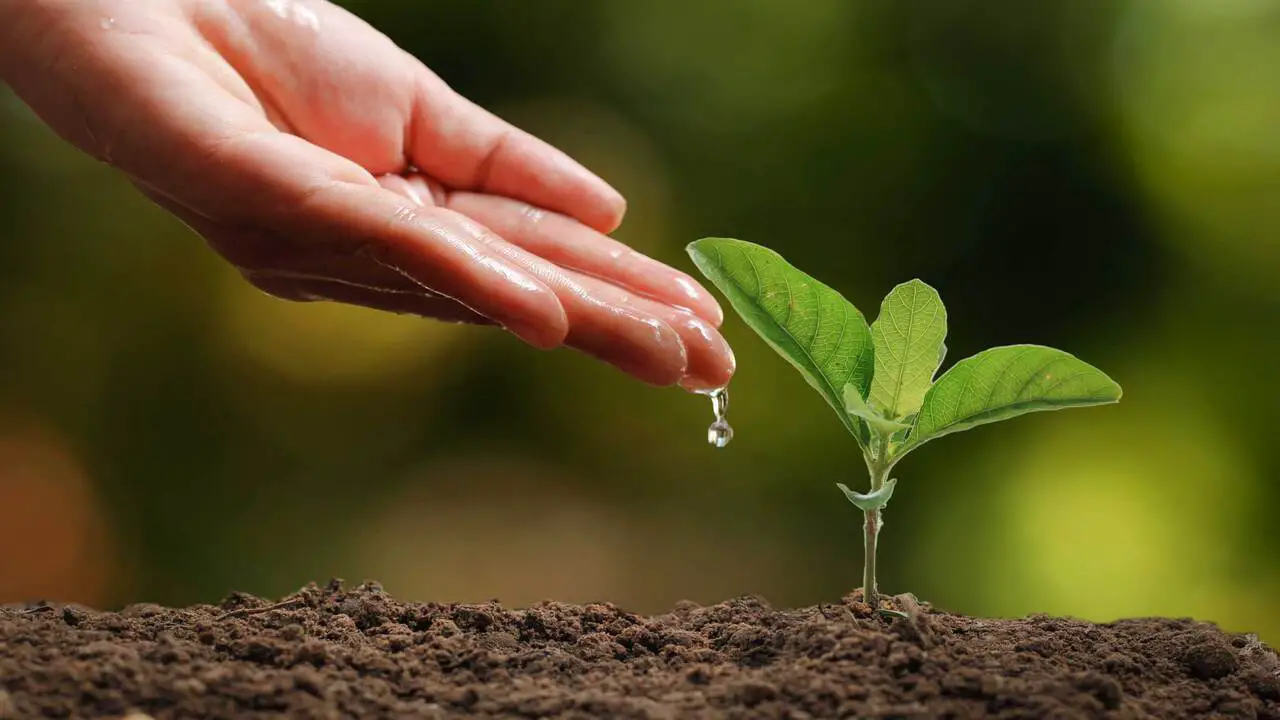
Composting helps reduce organic waste in landfills, reduces methane gas emissions, enriches the soil with nutrients, and improves its structure for healthy plant growth. By promoting nutrient-rich soil, composting eliminates the need for chemical fertilizers, pesticides, and herbicides that can harm the environment and human health.
Furthermore, composting aids in moisture retention, reducing the need for irrigation and conserving water. In addition, composting plays a vital role in reducing greenhouse gas emissions by diverting organic waste from landfills, where it would otherwise decompose and release methane gas anaerobically.
6. Prevents Soil Pollution
Composting plays a crucial role in preventing soil pollution. Diverting organic waste from landfills helps reduce methane emissions, a potent greenhouse gas. Additionally, composting enriches the soil by providing essential nutrients and improving its structure.
This reduces the need for chemical fertilizers, which can harm the environment. Moreover, composting promotes healthy plant growth and increases the soil’s water-holding capacity, decreasing the need for irrigation. It also helps prevent soil erosion and promotes biodiversity in the ecosystem, all while reducing the reliance on synthetic pesticides and herbicides.
7. Enhances Biodiversity

Composting plays a crucial role in enhancing biodiversity and promoting a healthy ecosystem. Composting helps mitigate greenhouse gas emissions and prevents harmful leachate and methane gas production by reducing the amount of organic waste sent to landfills.
The use of compost as a natural fertilizer reduces the reliance on synthetic fertilizers, minimizing harm to the environment. Moreover, compost creates a favorable habitat for beneficial organisms like earthworms and bacteria, contributing to increased biodiversity. Additionally, compost improves soil moisture retention, facilitating water conservation in gardens and landscaping.
8. Encourages Environmental Stewardship
Composting plays a vital role in encouraging environmental stewardship. By diverting organic waste from landfills, composting reduces methane emissions, a potent greenhouse gas contributing to climate change. It enriches the soil with essential nutrients, improving fertility and reducing the need for chemical fertilizers.
Composting also helps retain moisture in the soil, reducing water usage in gardens and farms. Furthermore, it promotes biodiversity by creating a healthy habitat for beneficial organisms such as earthworms and microorganisms.
Composting fosters a healthier and more sustainable ecosystem by reducing the need for synthetic pesticides and herbicides. Finally, it helps in reducing greenhouse gas emissions by diverting organic waste from incineration or landfilling, which could release harmful gases.
Common Composting Mistakes To Avoid
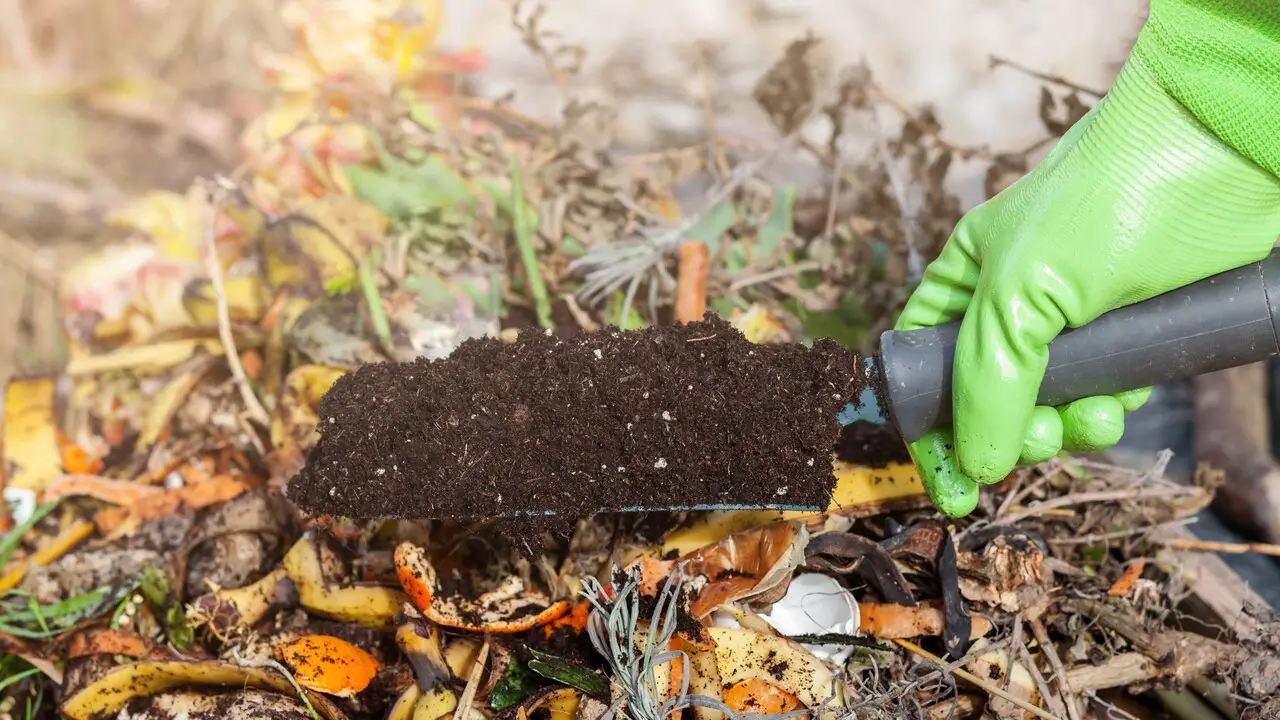
When composting, it’s important to avoid some common mistakes. One such mistake is not balancing the carbon and nitrogen ratio in the compost pile. This can affect the decomposition process. Another mistake is adding meat, dairy, or oily foods to the compost, which can attract pests and create unpleasant odors.
Failing to turn or aerate the compost regularly can lead to slow decomposition. Additionally, using treated wood or chemically treated materials in the compost pile should be avoided. Maintaining proper moisture levels in the compost pile is crucial, as this can hinder the decomposition process.
Conclusion
Composting is a beneficial practice for your garden and the environment as a whole. By composting, you are contributing to reducing waste disposal costs, greenhouse gas emissions, and soil pollution. It also enhances soil fertility, conserves water, creates new resources for farmers, enhances biodiversity, and encourages environmental stewardship.
However, there are common mistakes that people make while composting that can hinder its effectiveness. It’s a small change that can have a big impact, and with a little effort and education, anyone can incorporate composting into their daily lives.
So let’s all do our part to create a healthier planet for ourselves and future generations by embracing the power of composting. We hope you now understand why is composting good for the environment.
Frequently Asked Questions
[rank_math_rich_snippet id=”s-5df7e676-2002-449d-8f9c-e5e397068edf”]

I am passionate about home engineering. I specialize in designing, installing, and maintaining heating, ventilation, and air conditioning systems. My goal is to help people stay comfortable in their homes all year long.

